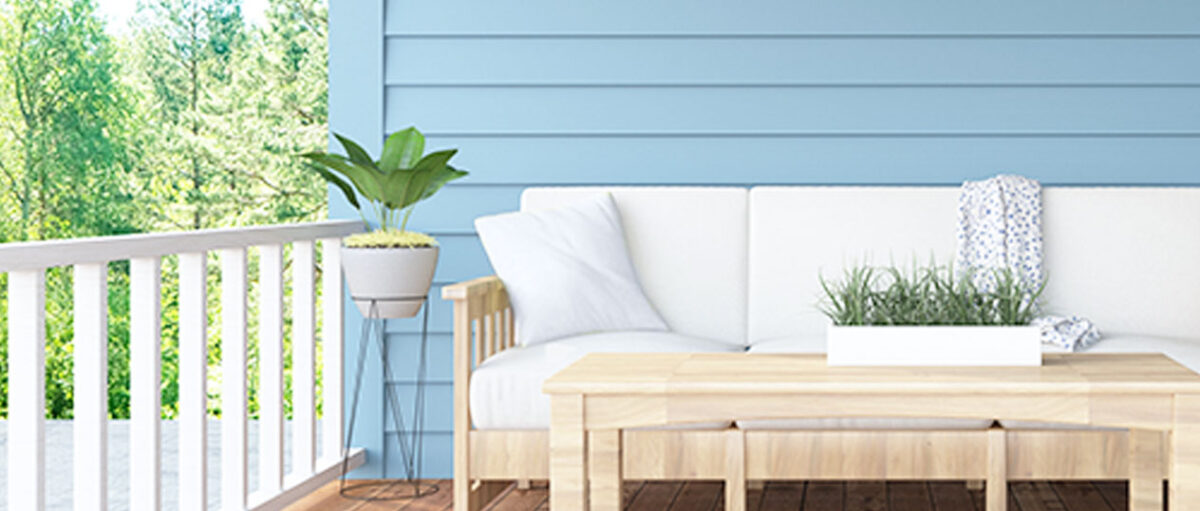Before you say “No way” to HOAs…
HOAs, otherwise known as homeowners associations, often get a bad rap. You’ve likely heard stories of strict HOA guidelines, dictating things like what color you can paint your house, which flags you can fly, or how many vehicles you can park in your driveway. While experiences vary depending on the neighborhood, there are many benefits to living in a community with an HOA.
Without further ado, here’s everything you need to know about these governing bodies that make and enforce rules for properties and residents so that you can make the best homeownership decision for you.
The value of an HOA
In a perfect world, HOAs don’t exist to overreach or make demands. They exist, in part, to maintain the local community. Their other purpose? Maintaining, or even boosting, property values to help homeowners make the most of their homeownership. After all, a home is an investment. A well-maintained investment can pay dividends in the future.
This value includes keeping lawns and grounds clean, ensuring property additions are built safely (without impeding someone else’s enjoyment), and maintaining community amenities like pools, playgrounds, and neighborhood landscaping.
What to look for in an HOA
So, how do you know what to look for in an HOA? First, it comes down to what’s most important to you. Second, it’s about what the HOA is responsible for — because those things will vary from community to community. Here are some questions you should ask yourself when you’re exploring neighborhoods and homes:
- What amenities are important to have?
Community pools. Tennis courts. Playgrounds. These are all things that might be located in your new neighborhood for your enjoyment. And if you have an HOA, that governing body could be responsible for maintaining these amenities, which is a great thing. - How much are you willing to pay for them?
According to recent HOA statistics from iPropertyManagement.com, the average monthly HOA fee in the United States is $250. Some may cost more, many likely cost much less. Still, $250 is nothing to scoff at. When considering an HOA, it’s important to consider the monthly dues (as well as the consequences for not paying those dues). - Does their inclusion justify a higher price?
While some of these things may not be vital to young homeowners, they might be important for families. Additionally, the community upkeep is something to think about as well. Home prices in HOA neighborhoods tend to be 4% higher than homes without HOAs, but does the community’s appearance reflect those dues?
- How are you with being told “no”?
Like we said, in a perfect world, HOAs would exist only to ensure the safety, consistency, and enjoyment of the neighborhood, but some may have more restrictive policies than you’re uncomfortable with. If you have a hard time with people telling you what you can or can’t do with property you own, an HOA community may not be for you.
Questions to ask the HOA
If you’ve decided to move forward with purchasing a home in an area governed by an HOA, you’re going to want to follow up with the HOA itself. Here are some other questions to consider:
- What are the bylaws?
These will tell you how many board members there are, how often elections take place, who can vote, and how many votes are needed for a proposal to pass. - What are the fees?
The question everyone wants answered: what’s it going to cost? This will help inform your budget, and your monthly payment after PITI (principal, interest, taxes, and insurance). - Are there any restrictions?
Does the HOA restrict home color? Flag displays? We’d all love to do whatever we want with our property, but it helps to know what you can’t do. - Is the HOA well-funded?
If an HOA can’t afford updates or repairs, it could seek a loan. That loan may result in higher HOA payments from homeowners like yourself.
HOA Fast Facts
Courtesy of our friends at iPropertyManagement.com, we’ve got some HOA “fast facts” for you to check out. Curious to learn more? Check out their entire HOA report once you’re done here!
- There are more than 370,000 HOAs in the United States, representing more than half of owner-occupied homes.
- 80% of newly constructed homes in 2020 were built in communities governed by an HOA.
- California and Florida have the most HOAs in the country. Comparatively, West Virginia has high rates of ownership, but just 7% of those homes are in HOAs.
HOA: “Yay” or “No Way”?
Now that you know what to look for in an HOA, you’re prepared to put your best foot forward when looking for a new home. Take your newfound knowledge, ask all the questions you can think of, and make the decision that best suits you.
After all, it’s your home.
Homeowners Association (HOA): An organization in a subdivision, planned community, or condominium building that makes and enforces rules for the properties and residents.




